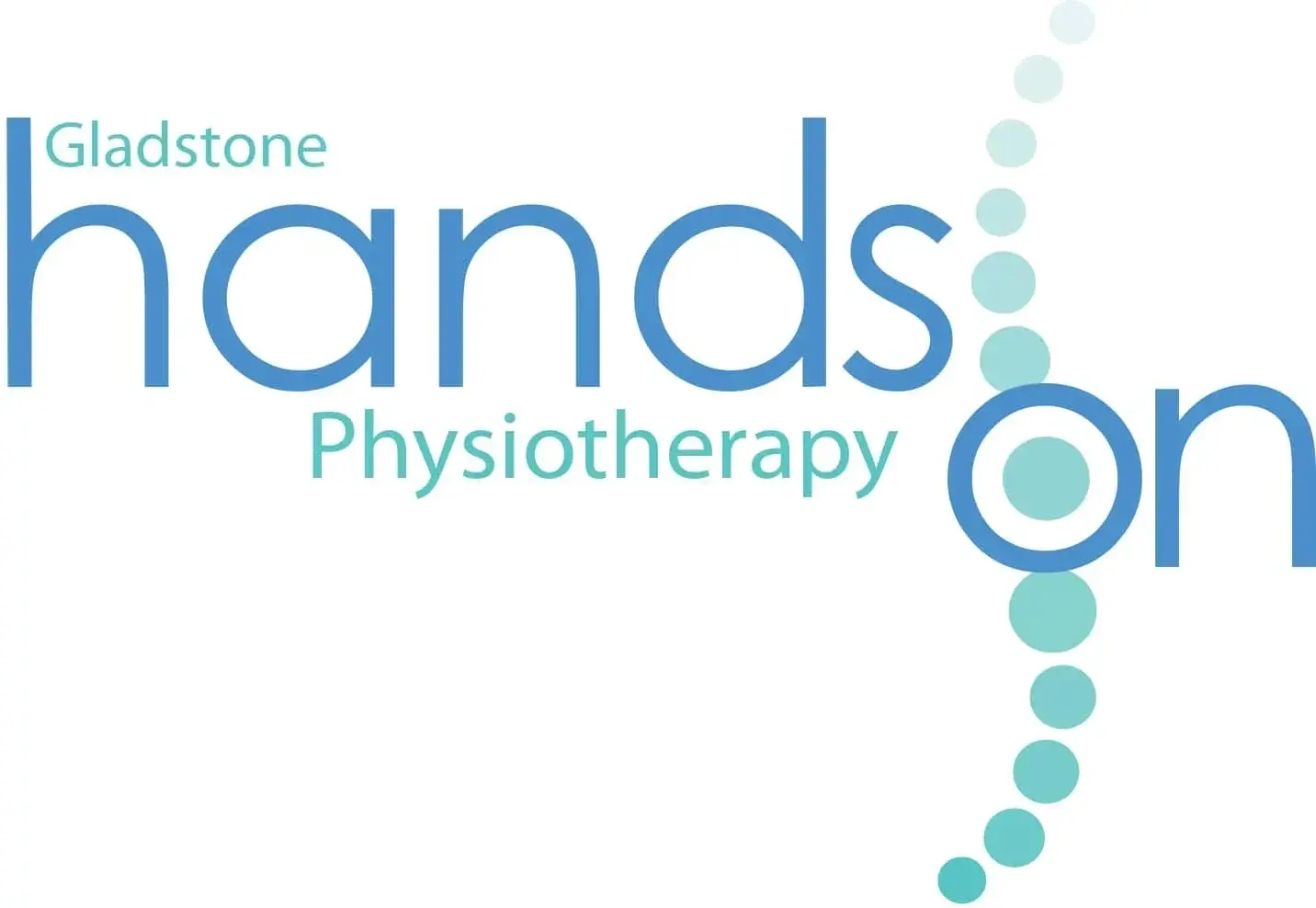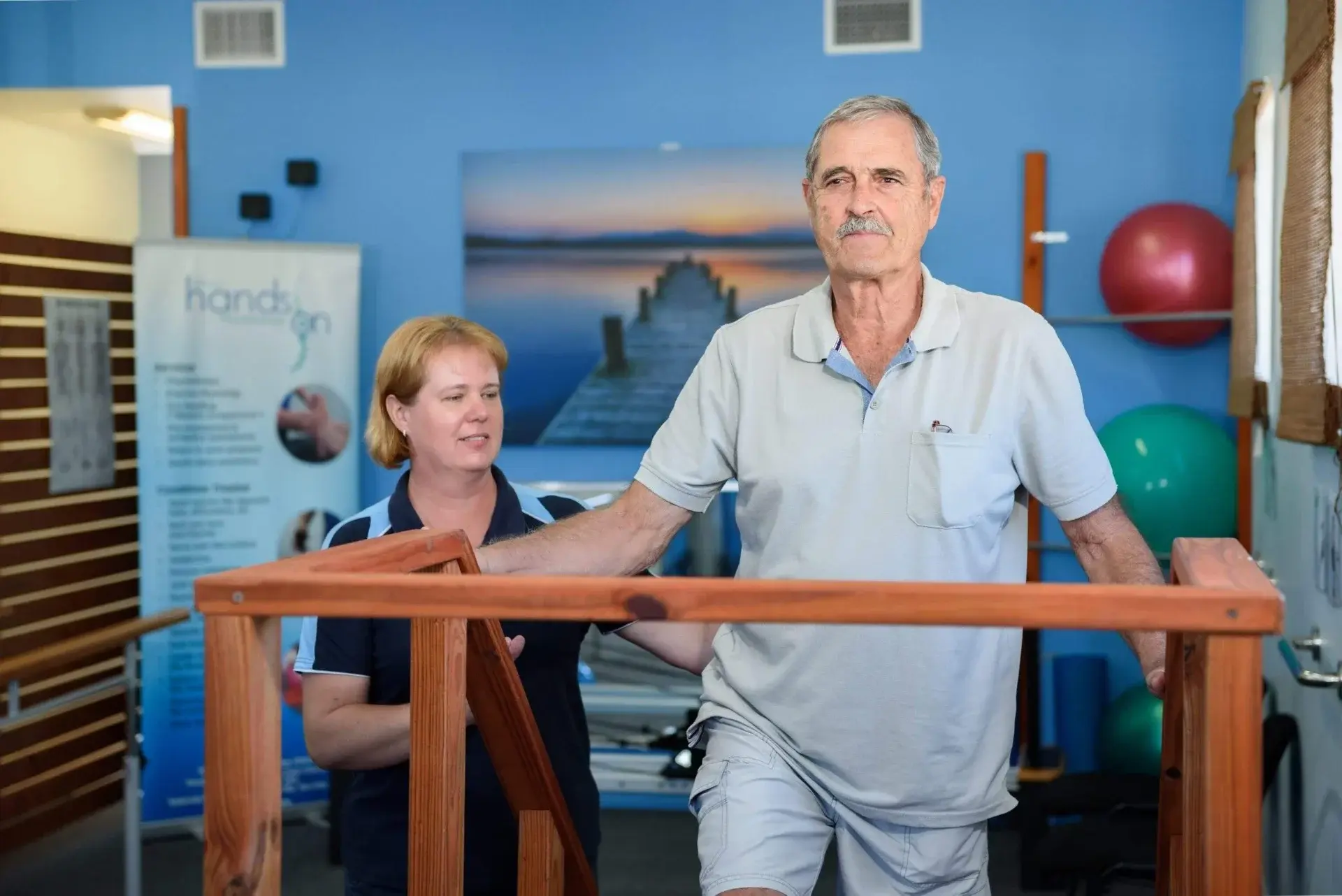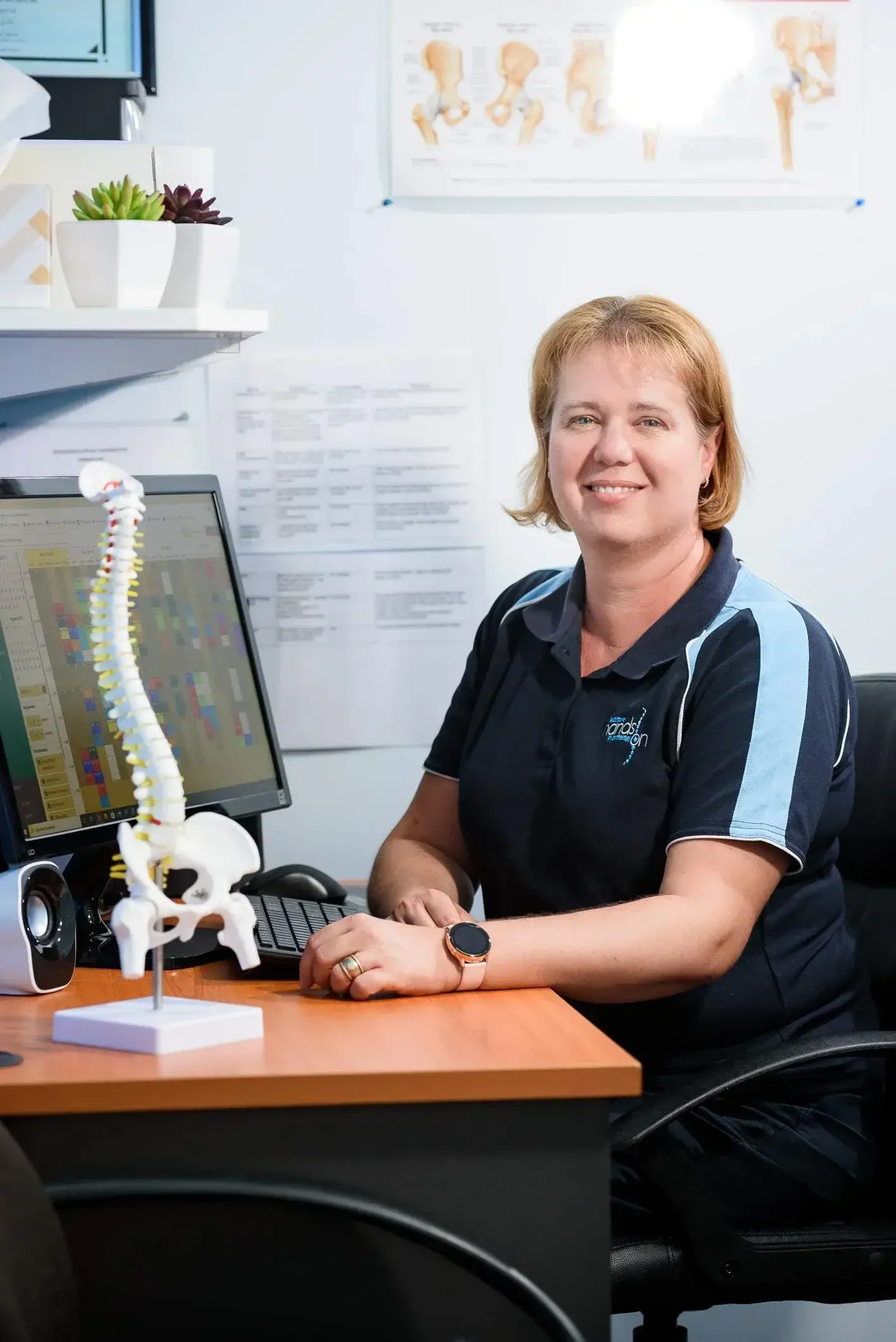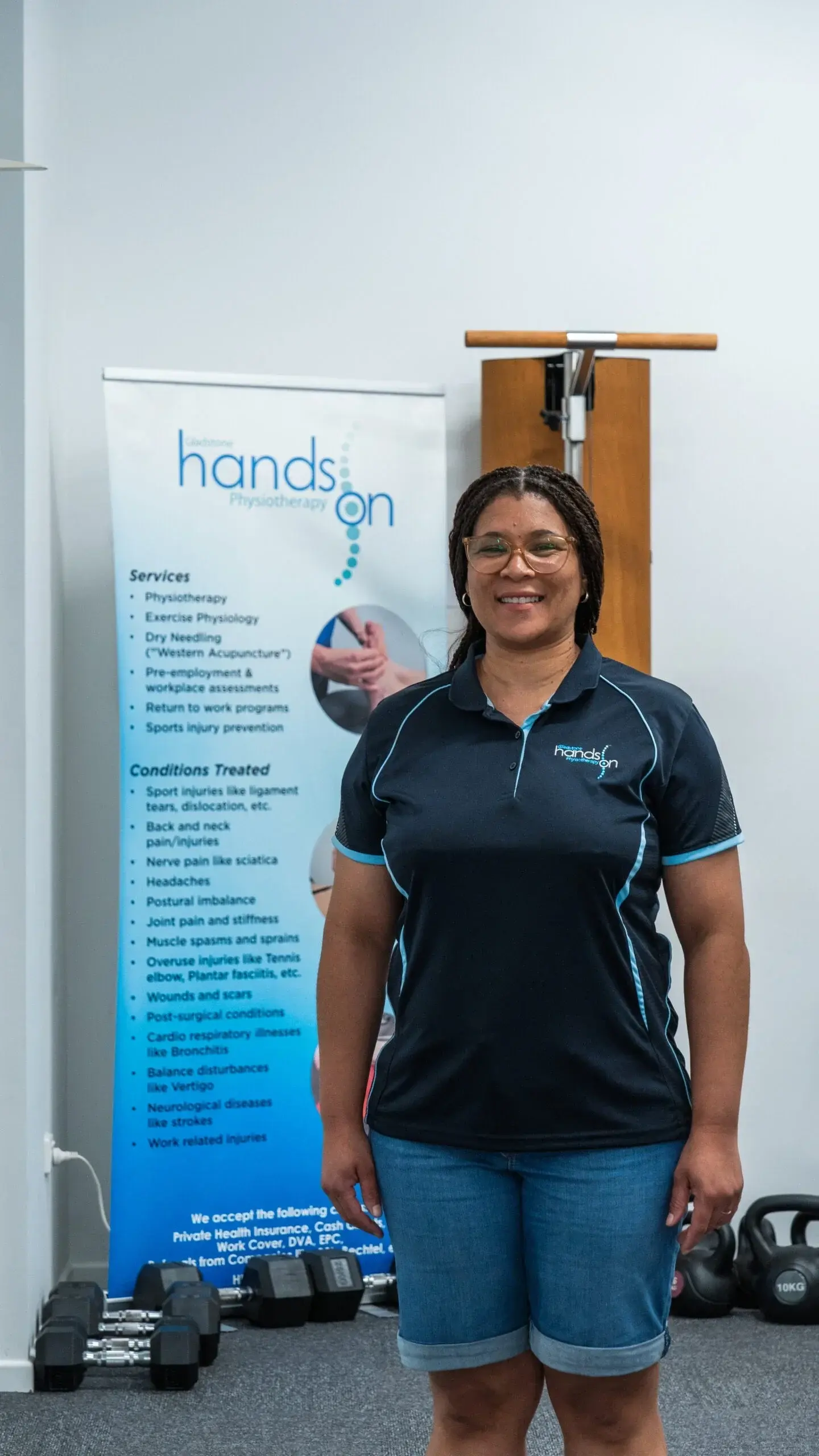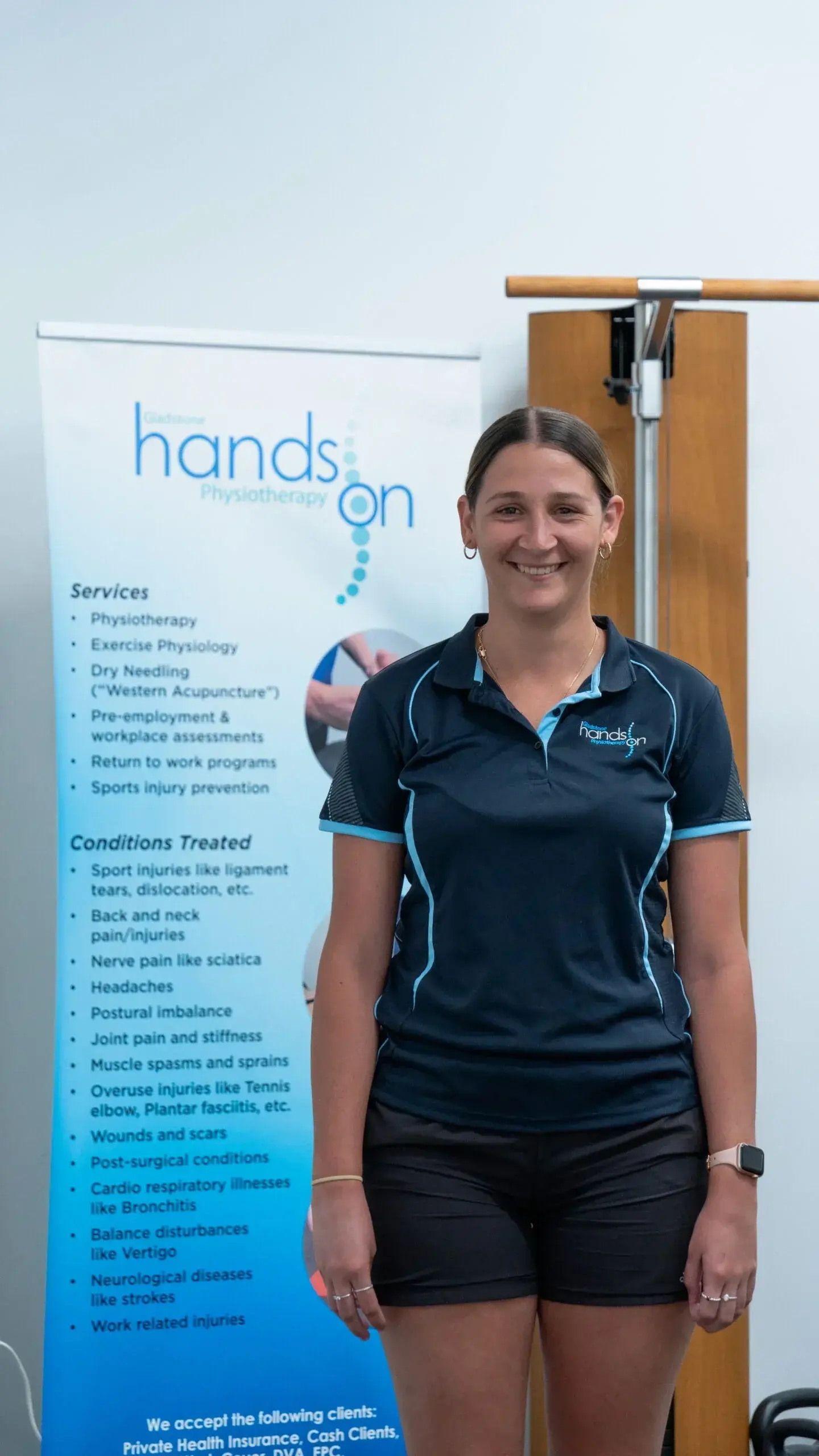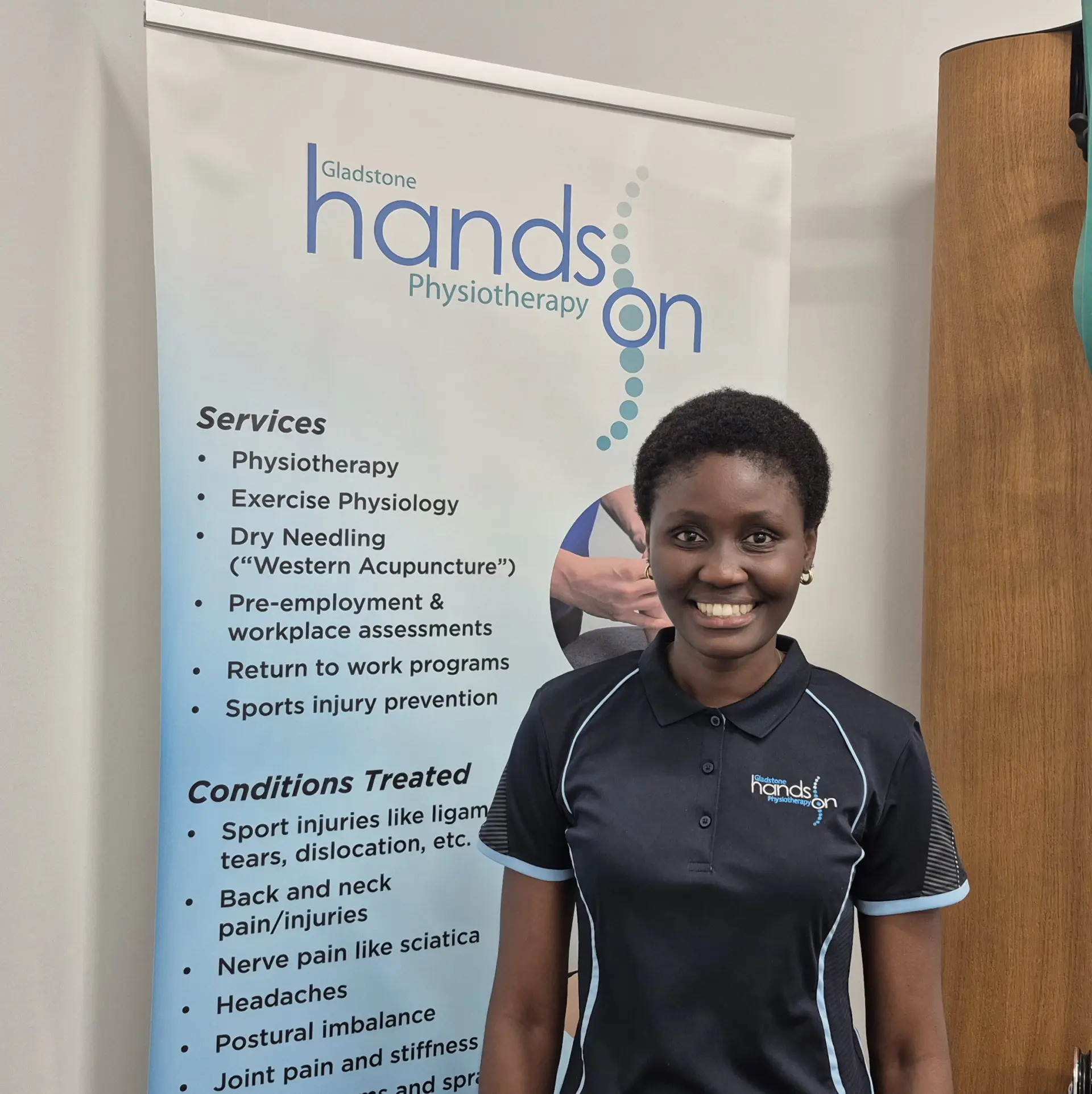A stroke is caused by damage to the brain because of disruption/reduction in its blood supply. This results in a disruption/reduction of oxygen and nutrient supply to the brain causing brain cells to die at a high rate. Strokes may result in a loss/impaired abilities due to weakness or paralysis in one side of the body. The extent of physical impairment is dependent on the area/s of damage or the extent of damage to the brain. Types of strokes include Transient ischemic attack (TIA/ mini stroke), Ischemic stroke (usually due to blood clots) and Haemorrhagic strokes (brain bleeding).
Physiotherapy forms a crucial part of stroke rehabilitation by assessing the level of physical disability and developing an appropriate treatment plan to assist the client in achieving their rehabilitation goals. Physiotherapy after stroke is aimed at improving functional movement patterns such as: activities in lying, sitting and standing, as well as transferring and walking. With the help of our physiotherapists, you will be able to learn how to retrain the movement patterns needed for normal function. The Physiotherapist will break down the functional movement into more manageable small patterns and retrain each pattern, before putting it together to achieve the overall movement. It takes a long time to retrain the movement patterns as the brain takes time to heal and learn to use other parts to perform the function of the damaged part of the brain.
A functional home/work assessment may be done as adaptations to client home and work environments may be required due to the extent of functional limitation/s caused by the stroke. This assessment is essential in ensuring a smooth transition from hospital to home life.
How long is rehab after stroke?
Following a stroke, you might be admitted to a rehabilitation facility, usually for 2-3 weeks of intensive rehabilitation 5-6 days weeks. After this initial intensive rehabilitation, you will return home and continue your rehabilitation at our clinic or at home in the form of home visits. It can take 2 years or longer to regain maximum function after a stroke.
What kind of therapy is needed after stroke?
Therapy that may be required include: Physiotherapy, speech therapy, occupational therapy. Physiotherapy will include strength, balance, coordination and functional pattern retraining.
What percentage of stroke patients make a full recovery?
10% of people make a full recovery, 25% recover with minor impairments and 40% of people recover with moderate impairments. Early intervention and rehabilitation is essential in achieving a steady recovery in speech, cognitive, sensory and motor skills.
What is the best exercise after a stroke?
Neurological rehabilitation guidelines advise stroke survivors to include 20-60 minutes of aerobic exercise every other day or daily if preferred. These include activities such as: walking, swimming, cycling etc. Exercise can be performed in shorter intervals until at least 20 minutes every other day is reached.
